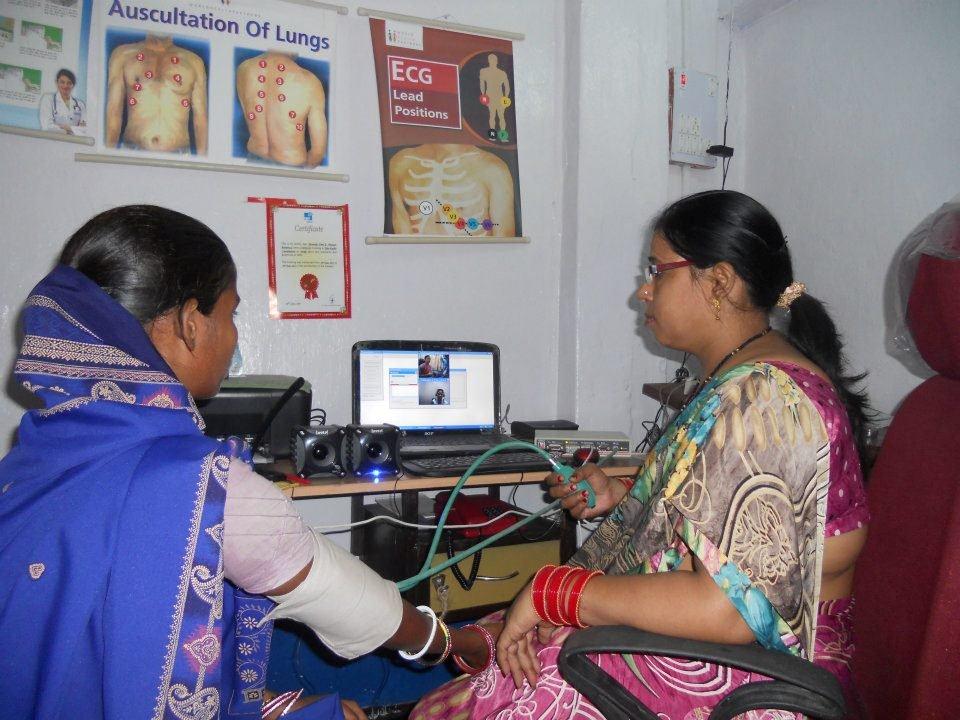According to World Health Organization, India is home to 20 percent of the world’s disease-burden. About 75 percent of deaths globally are caused by communicable diseases, of which India accounts for 17 percent.
Despite many healthcare programs in action, India lacks financial resources required to improve health indicators for a country of 1.3 billion people, majority of who resides in rural areas. With government finances under pressure, can companies step in with corporate social responsibility (CSR) funds to fill the breach? The answer is a big yes!
CSR as a field has evolved significantly over the past few years, and has broadly gone through distinct phases. The Companies Act 2013 has further pushed the envelope, instigating corporates to use funds more strategically, systematically and thoughtfully.
Technology- critical to move healthcare benefits beneath the surface:
While most last-mile healthcare initiatives today run by hospitals, charitable institutions or organizations are in the form of specific event-based interventions like general or specialty health camps, CSR funds should be looked at strengthening healthcare system at all levels of delivery, to create sustainable impact.
CSR initiatives should not only be about detecting a particular population of some serious illnesses, but also to follow-up on treatment or tracking from diagnosis to final cure, This can be achieved effectively with right partners who
- Understand Population Health Problems
- Possess the right tools to address such problems
- Have strong technology-enabled healthcare solutions
These technology-integrated partnerships can either address any acute healthcare needs or screen a particular population for some illness and initiate a management program. For the first point, companies can work on diagnosing and extending healthcare solutions for a specific illness or specific health issue to a particular population.
Screening programs on the other hand, could be run to find out first reference specific conditions in a particular geography; the percentage of population who suffers from a particular condition, say diabetes or hypertension, and subsequently coming up with management programs to addressing those health needs.
The latest phase of CSR presents an opportunity for companies to elevate the issue of India’s population health as the next frontier of CSR, given the fundamental links between health and the wider ecosystem of social and environmental challenges, from maintaining healthy, productive, natural systems to achieving equitable prosperity and economic progress.




